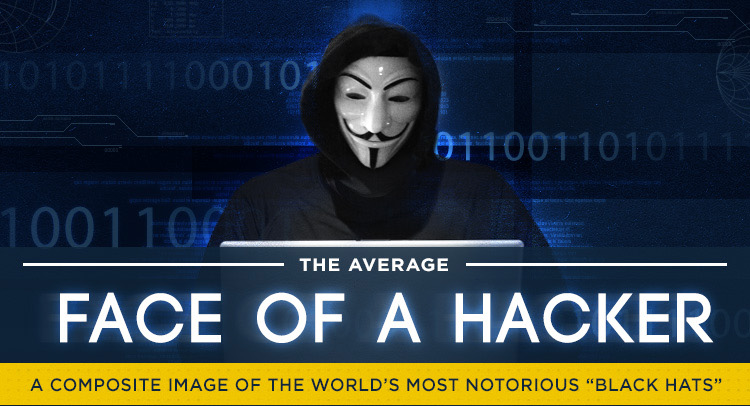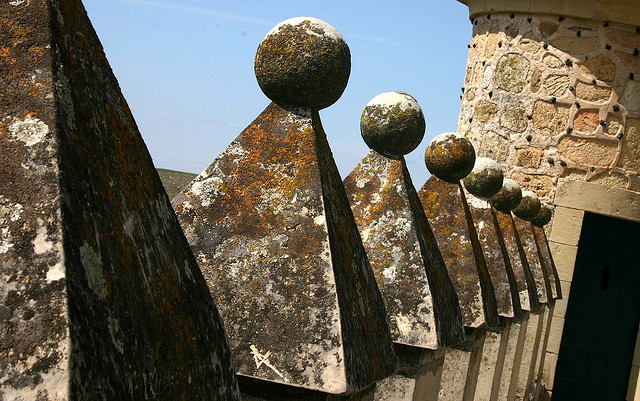“A ridiculous article which purports to show us the face of a hacker…” — Chris Wysopal, CTO of Veracode, in a tweet
The ability of media outlets to create sophisticated images and graphics is light years beyond what it was when I was a young journalist in the 1990s. The technology has spawned a lot of cool projects, like this visual of a botnet from my former employer, CSOonline.com.
The enhanced capability also leads to some truly ridiculous creations. For example, this Secure Thoughts piece on “hackers unmasked.”
The writer asks, “Who are the people behind this activity? How old are they? What do they look like? Often times these individuals are portrayed as shadowy figures hiding behind the cloak of an obscure username (as that is the only information known about them)… but every now and again… one of these ‘black hats’ is caught or comes forward. This gives the public a snapshot of the demographics comprising the hacker community.”
Fair enough. But these folks decided to go further and create a composite image of 50 notorious hackers. “This portrait would be data security’s worst nightmare,” the article states ominously.
It IS a cool exercise. Fun for sure. But the idea that you can create one face to profile the entire hacking community seems daft to me.
If you look at all the photos used to create the composites, you see people of all shapes, colors and hair styles. The end result is too random to be of use.
And while these are the mug shots of hackers, the images look like people from just about every walk of life — good and bad, hackers and non-hackers.
If Secure Thoughts wants to be useful, it should focus instead on the techniques and technologies the good guys can use to stop the bad guys.
This ain’t it.



